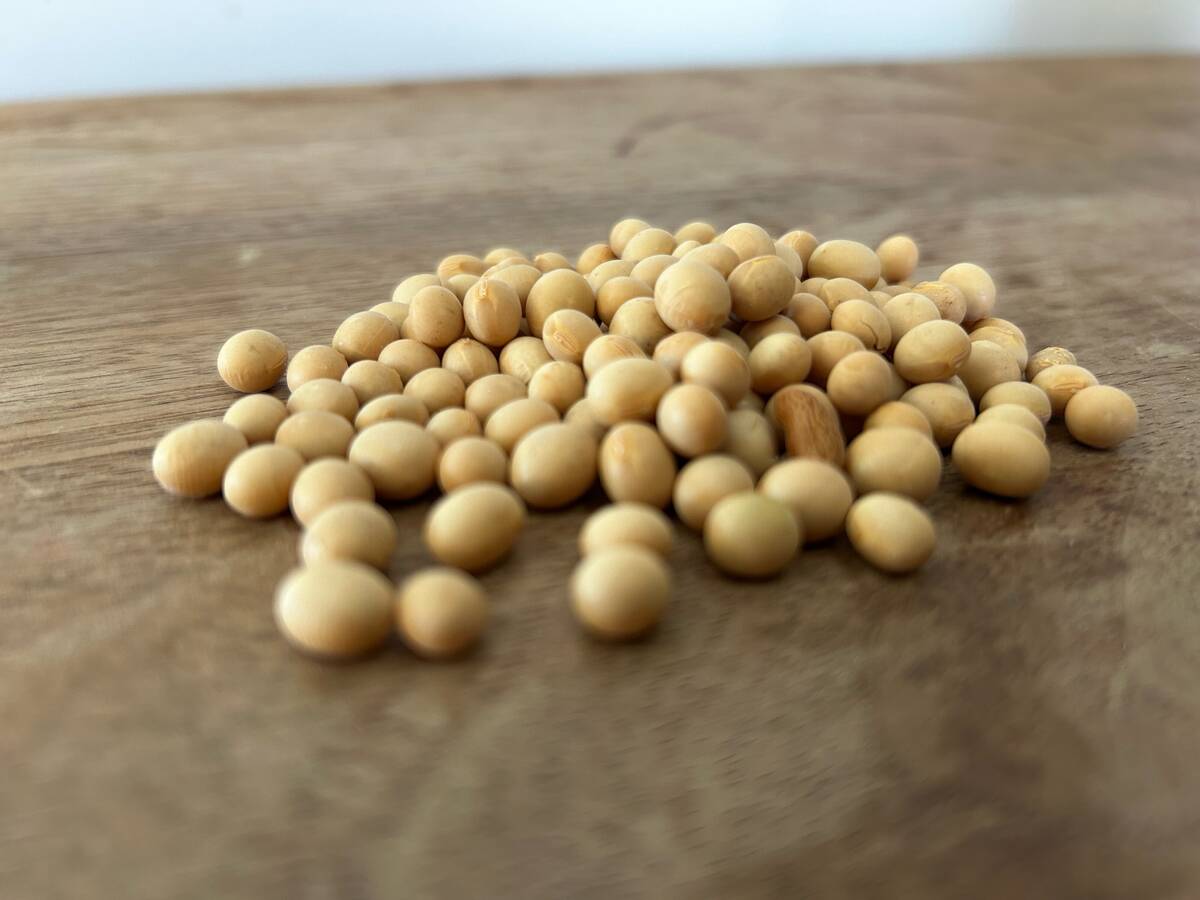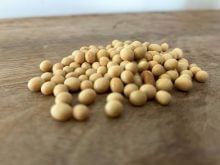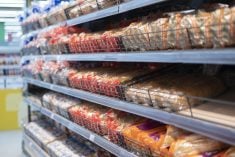Farmers may not like filling out sustainability forms, but they better get used to it and soon, says a baking industry leader.
Walmart, Unilever and other Fortune 100 corporations have entrenched sustainability into their business models, and they are exerting pressure on suppliers.
Paul Hetherington, president of the Baking Association of Canada, said there was a time, not long ago, when farmers were insulated from that sort of pressure. Producers could focus on growing crops and raising livestock and ignore issues further up the supply chain.
Read Also

U.S. grains: soybeans firm ahead of USDA data
Chicago soybeans ticked up slightly on Wednesday as traders adjusted positions ahead of the release of official U.S. data on global supply and demand on Friday, the first update in weeks, but prices were capped by a lack of large Chinese purchases.
Those days are gone because corporate sustainability programs are not going away, Hetherington said.
“The producing sectors … are going to come under greater and great focus,” Hetherington told the Western Canadian Wheat Growers Association annual meeting in Winnipeg earlier this month.
Hetherington said health and wellness is the No. 1 trend in the food industry. Young people want wholesome food for their children and baby boomers want to live longer and continue to compete in triathlons.
He said health and wellness can be broken down into three expectations:
• A clean label: the food sector wants to remove all the additives that people can’t pronounce.
• Natural ingredients.
• Improved nutrition: reducing salt, fat and sugar in food and adding fibre, probiotics and whole grains.
As an offshoot of the health and wellness trend, many consumers have questions about animal welfare, potential food contaminants and growth hormones.
Hetherington said companies such as Walmart have adjusted to changing consumer expectations.
The world’s largest retailer has instituted sustainability programs to satisfy its customers. As an example, it now requires baked goods companies to share information on packaging and how its farmers grow wheat.
Walmart expects details on fertilizer use, energy consumption and other best management practices.
“They want to know what bakeries are doing to address on-farm biodiversity management…. That (sort of thing) is going to be part of the discussion for many, many years to come,” Hetherington said.
“They see, in this, a particular interest from their customers and potentially … a marketing opportunity.”
Walmart, A&W and other companies are likely paying attention to Chipotle Mexican Grill, one of the rising stars in America’s quick service restaurant industry.
Chipotle’s revenue increased 31 percent in the third quarter of 2014, and in-store sales climbed nearly 20 percent from 2013.
The company’s success may be connected to its “food with integrity” business model and commitment to sustainably produced food. As noted on its website, the company buys only “natural” pork, beef and chicken raised without hormones or antibiotics and expects suppliers to meet certain animal welfare benchmarks.
It recently announced it would stop serving pork at a third of its restaurants because one of its suppliers didn’t meet company standards for pig housing.
Few restaurant chains would take an item off its menu over animal welfare concerns, but most fast food restaurants now have policies on hen cages and sow crates.
Last year, McDonald’s announced plans to buy sustainable beef starting next year. It will buy beef from farmers and processors that:
• Minimize cattle’s impact on ecosystems.
• Have a positive impact on the employees who work on the farms or at the processing companies.
• Care for the welfare of the cattle throughout their lives.
Contact robert.arnason@producer.com















